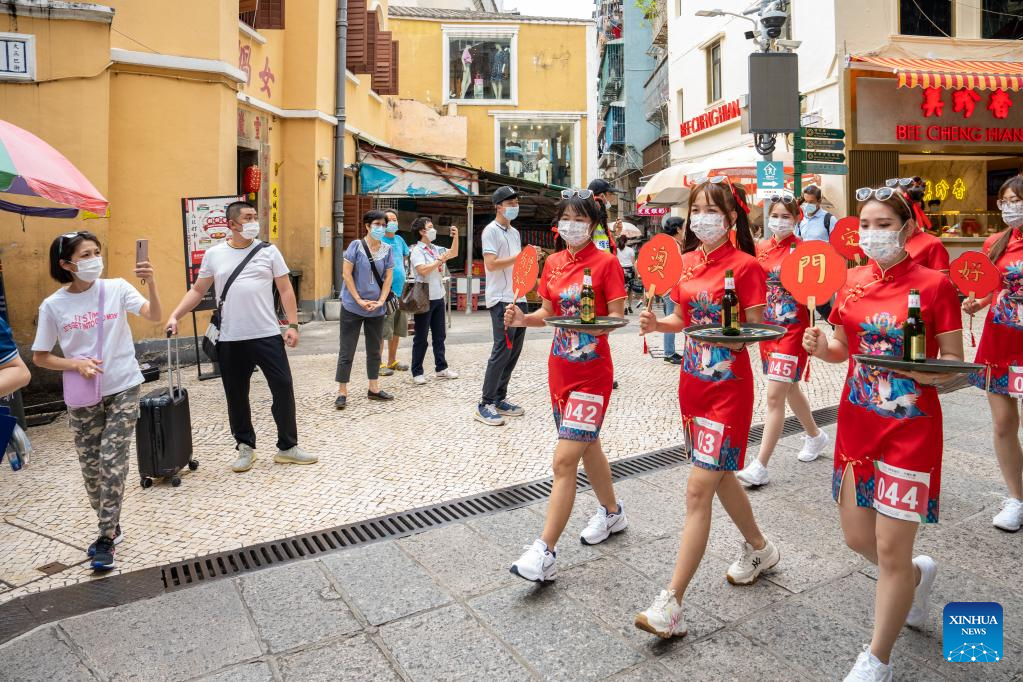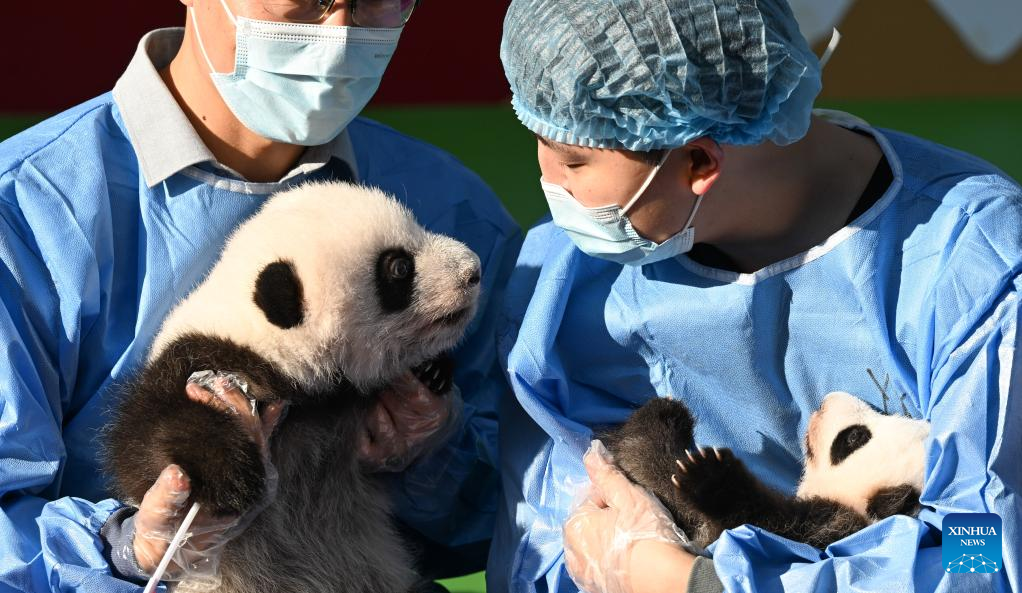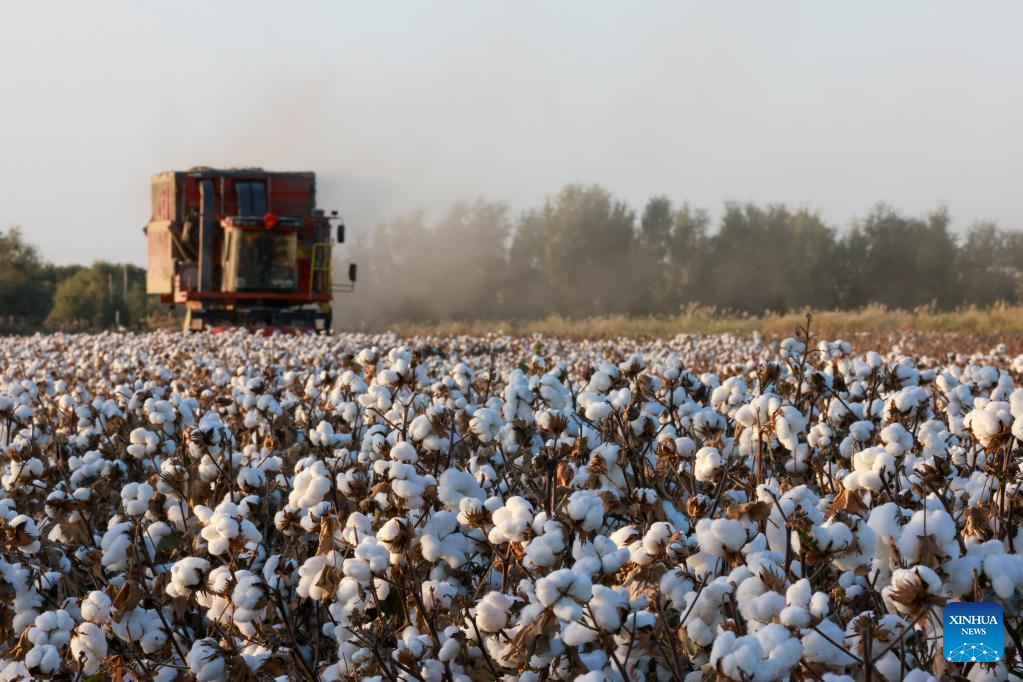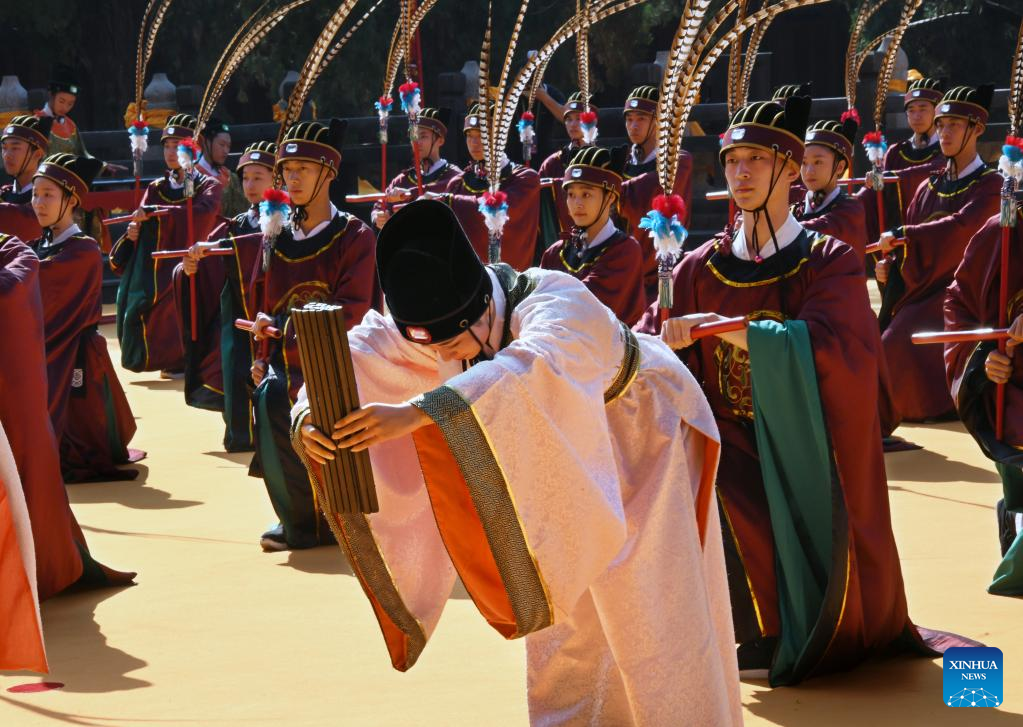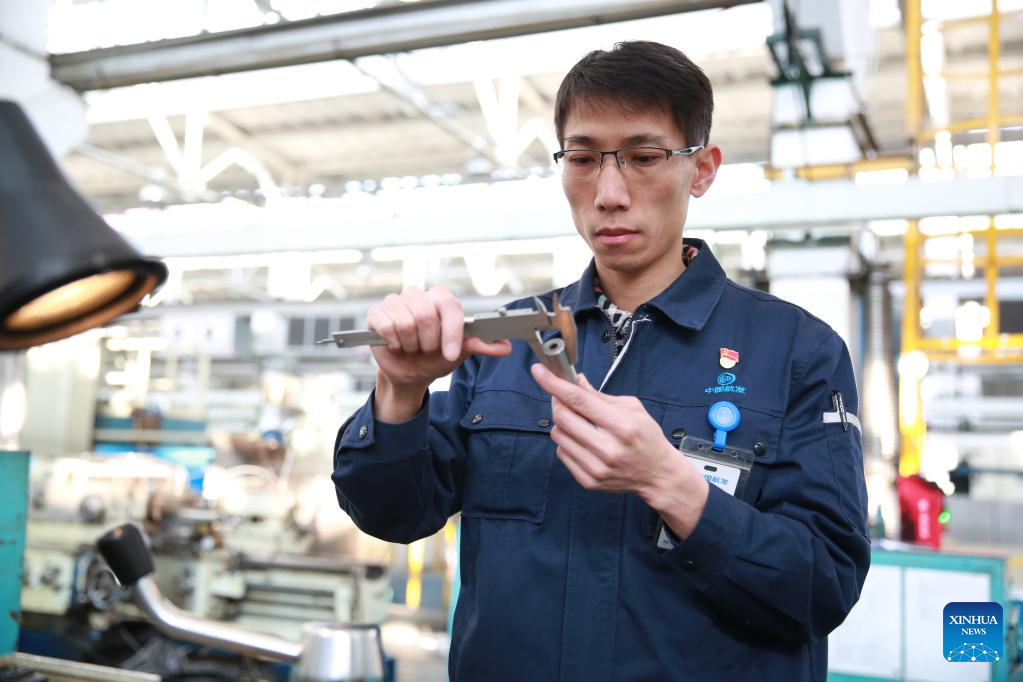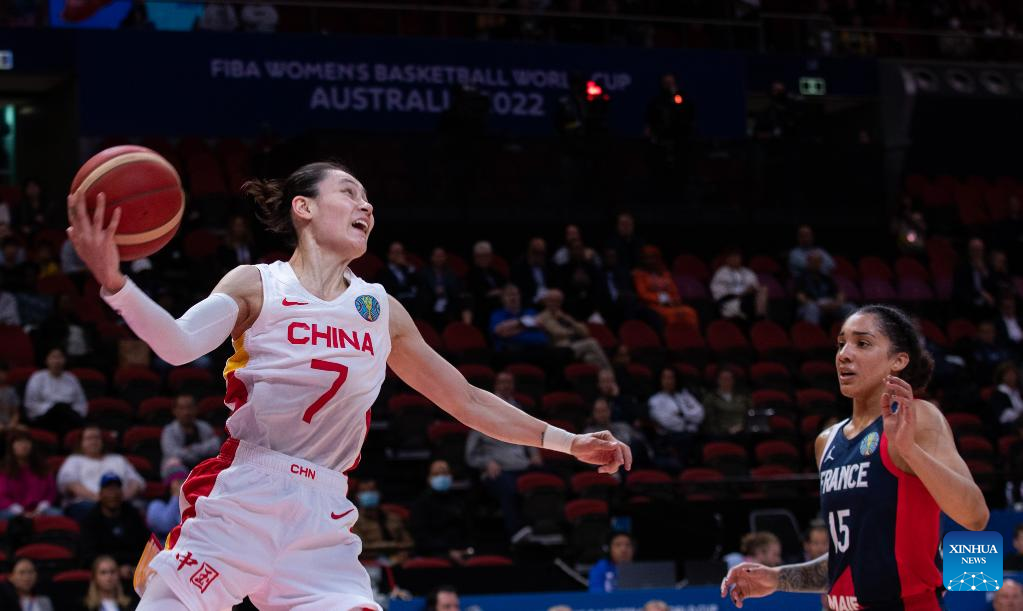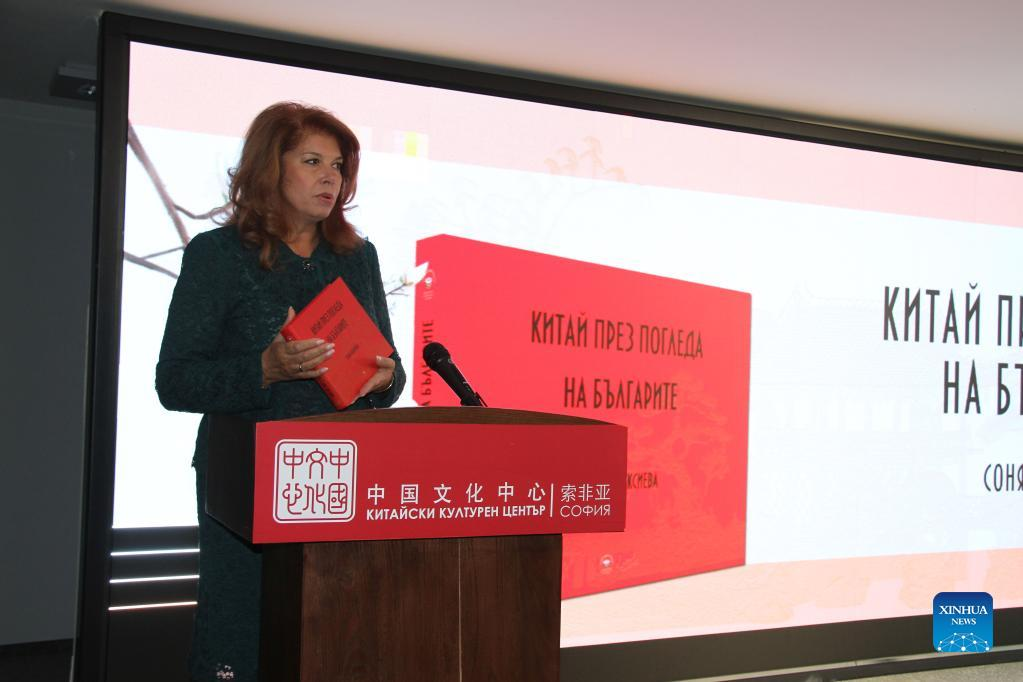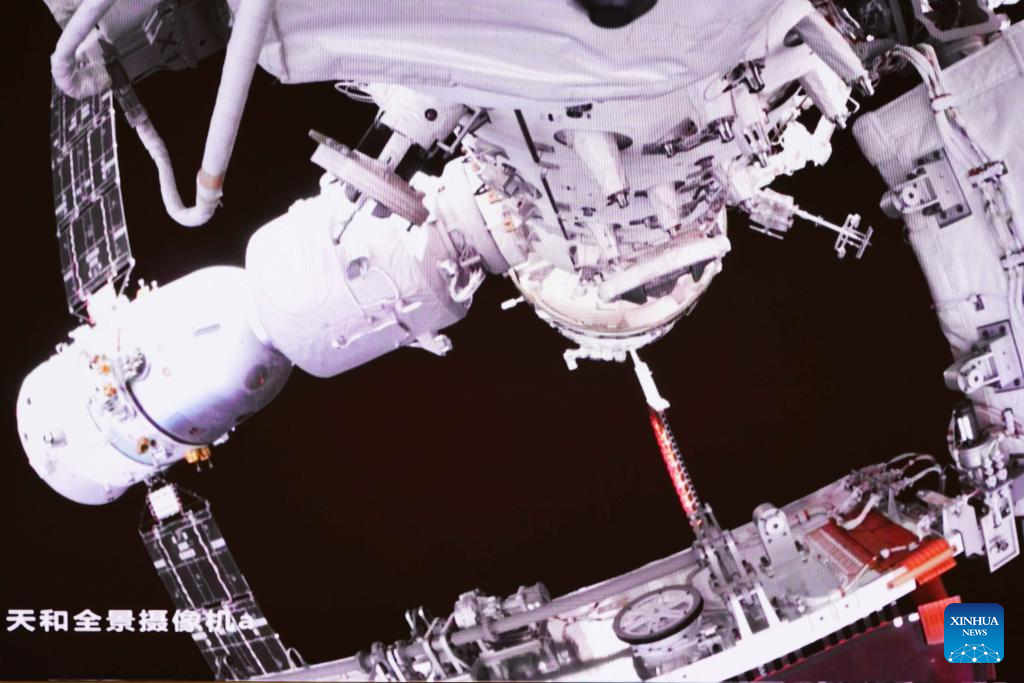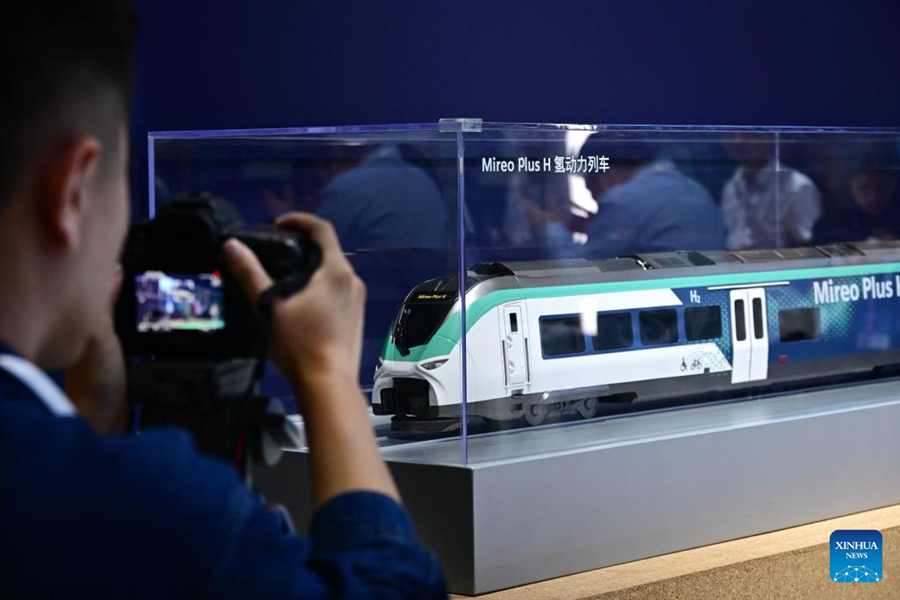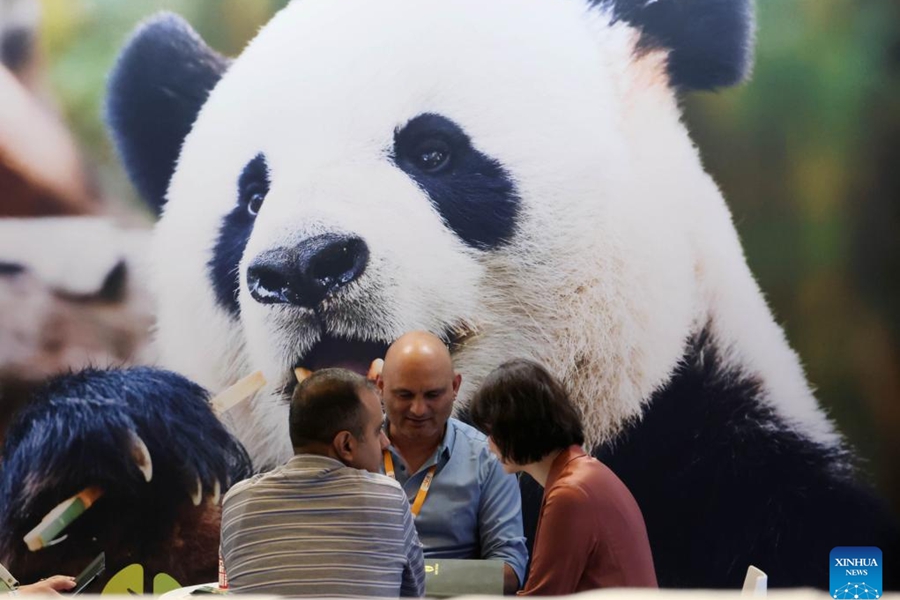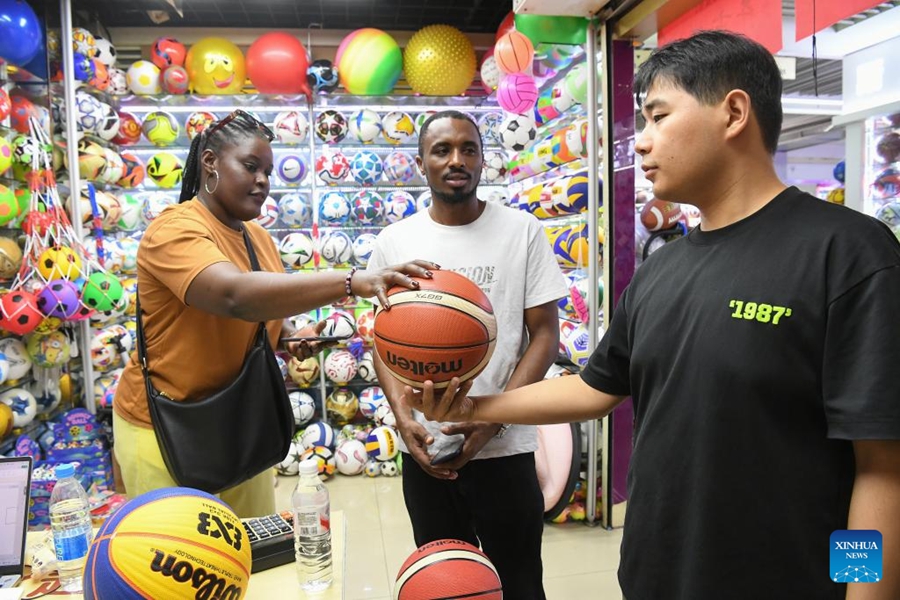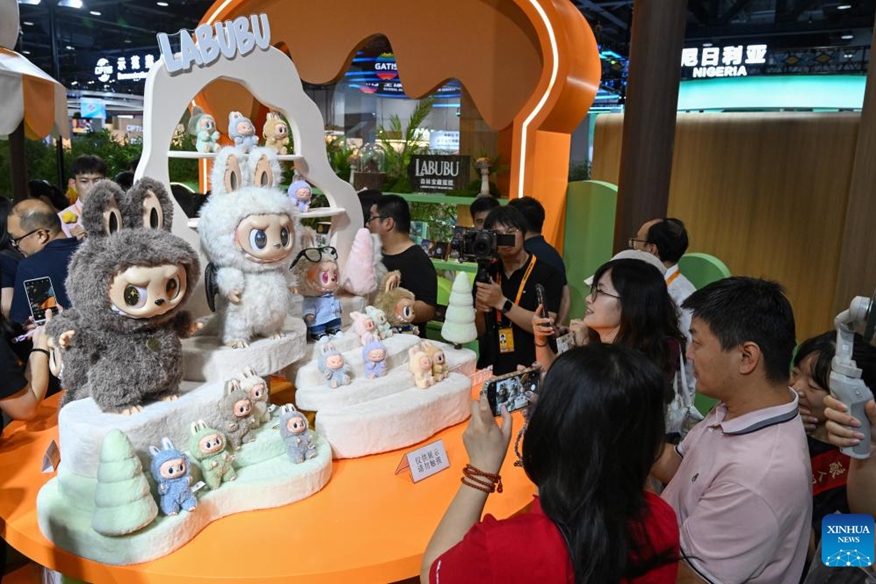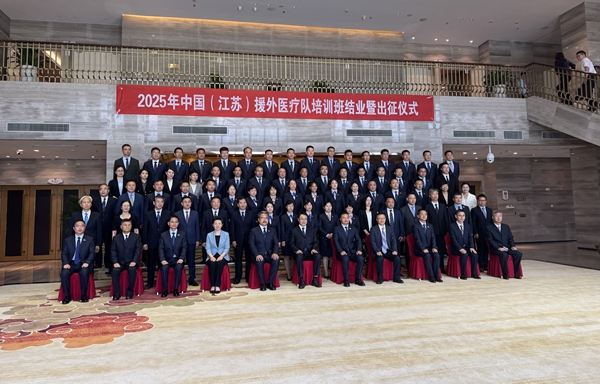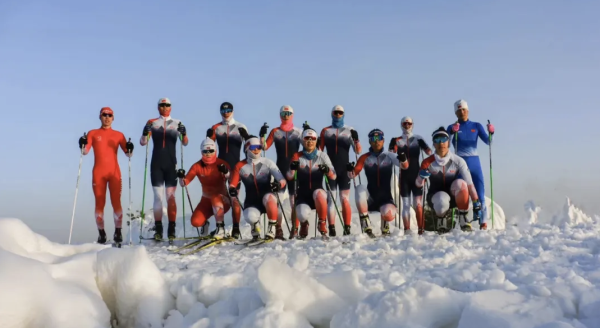
Jiangsu companies have contributed their innovative products and services to the 9th Asian Winter Games, which opened in Harbin City on February 7. Their contributions range from apparel to venue equipment, weather forecasting, and merchandises.
For example, Mtten Sports Development (Kunshan) Co., Ltd. provided over 700 athletes apparel for the triathlon and alpine skiing events. Zhang Wei, the company's general manager, highlighted the new technologies behind its high-performance fabric. For example, the triathlon attire is lightweight and breathable, effectively reducing wind resistance and maintaining body temperature. The alpine skiing attire is windproof, waterproof, and warm without causing overheating, helping athletes maintain optimal conditions.
The Advanced Functional Fibers Innovation Center in Suzhou City provided a three-level temperature control chip for the Games' adorable tiger mascots, "Binbin" and "Nini". This chip adjusts temperature based on different scenarios and needs, quickly heating up to accommodate the demands of outdoor activities.
The Games featured 6 major categories, 11 sub-categories, and 64 events, including the debut of ski mountaineering, freestyle skiing, and snowboarding. Wuxi’s Newsky Meteorology S&T Co., Ltd., one of the main suppliers of meteorological equipment in China, boasts the P-band wind profile radar that continuously monitors wind speed, direction, and vertical airflow from 150 meters to 16 kilometers high. This remote sensing equipment can provide advance warnings for sudden strong winds or vertical airflow changes, crucial for alpine skiing and ski jumping events. It also supplied an advanced X-band Doppler weather radar system to monitor snowfall, which can impair athletes' performance as the track surface softens and increases friction.
Jiangsu's technological prowess was also evident inside venues. Excessive humidity in venues can cause fogging and frosting, impairing athletes' visibility and the viewing experience for spectators. To address this challenge, four second-generation dehumidifiers, made by DST Seibu Giken (Changshu) Co., Ltd, were used in the Harbin Ice Hockey Stadium.
Wang Yongjun, general manager, stated that the second-generation dehumidifiers consume approximately 28% less energy than their predecessors.

